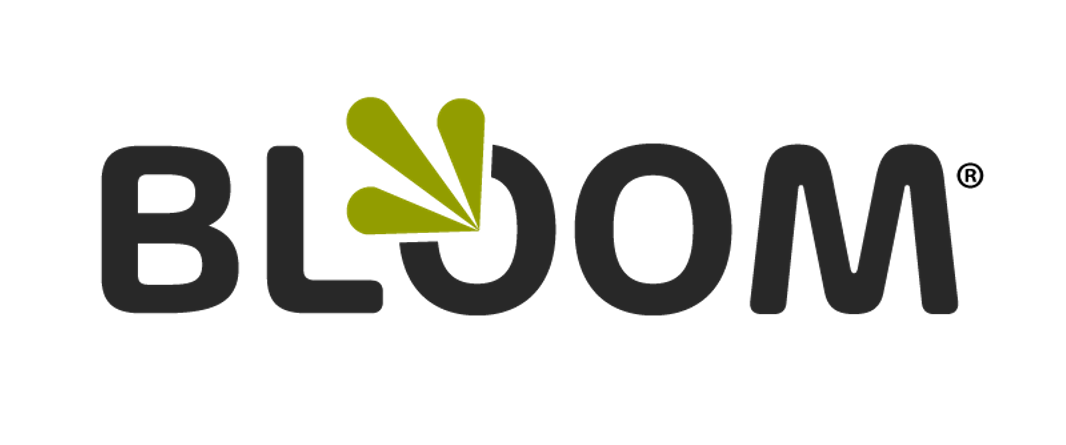Understanding Your Employees: Spotlight on Generation Z
What is Generation Z?
The most straightforward way to identify someone from Generation Z is by their birth years, typically ranging from 1997 to 2012. This cohort, also known as Zoomers, has grown up in a world shaped by rapid technological advancements, economic uncertainty, and global events like the COVID-19 pandemic. Common attitudinal and behavioral tendencies observed in this generation include:
True digital natives have never known a world without smartphones, social media, and instant connectivity.
A strong emphasis on mental health and work-life balance, often prioritizing well-being over traditional career ladders.
High value placed on authenticity, diversity, and social justice, with a keen awareness of environmental and societal issues.
Entrepreneurial mindset, frequently engaging in side hustles or gig economy work alongside traditional jobs.
What Generation Z means for your business
While some may view Generation Z's expectations as demanding, they bring a fresh perspective that can drive innovation, adaptability, and inclusivity in your organization. They are pragmatic problem-solvers who excel in collaborative environments and are quick to adopt new technologies, helping your business stay ahead in a digital-first world.
Generation Z tends to be pragmatic, collaborative, and purpose-driven, valuing flexibility and impact
They seek roles where they can make a meaningful difference and expect employers to align with their values on issues like sustainability and equality. Gen Z seeks challenging work that offers growth opportunities, but they also demand flexibility—such as remote or hybrid work options—to balance their personal lives. If these needs aren't met, they're more likely to job-hop in search of better alignment. Leverage this by integrating their tech fluency and creative skills into your teams.
Your business can benefit from Generation Z's digital expertise, resilience, focus on diversity, and innovative thinking; however, you'll need to address their preferences for feedback and mental health support. You can optimize Generation Z's performance by:
Providing clear onboarding with structured goals and regular feedback sessions to build confidence and direction
Aligning individual roles with personal values and company purpose to foster engagement
Offering flexible work arrangements, including remote options and non-traditional hours
Investing in professional development, such as skill-building workshops and mentorship programs
Promoting a culture of inclusivity and mental health resources, like wellness days or counseling access
Encouraging collaborative projects and team-based work to harness their teamwork strengths
Incorporating technology tools that streamline communication and tasks
Recognizing achievements promptly and tying them to career advancement opportunities
Deloitte has conducted extensive research to understand Generation Z in the workplace, providing insights into their skills and expectations that can help employers adapt effectively.
What are some ways you have succeeded in working with Generation Z in your organization?
Sources:
